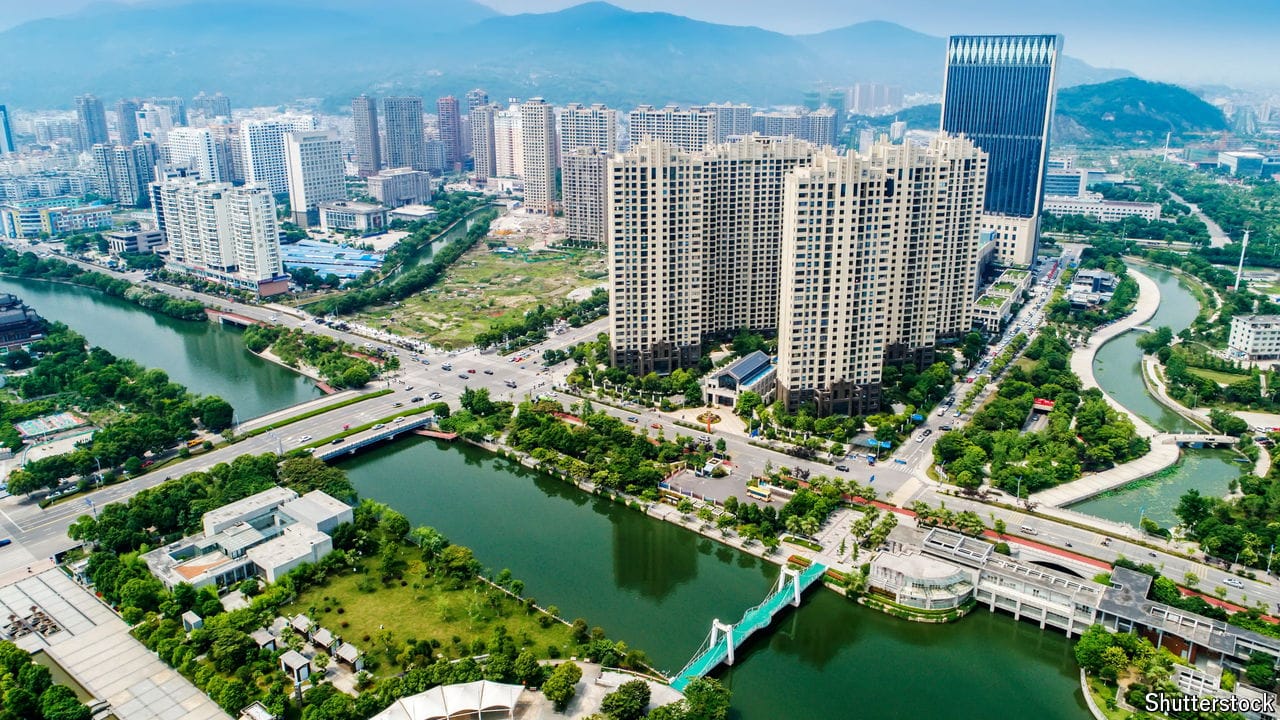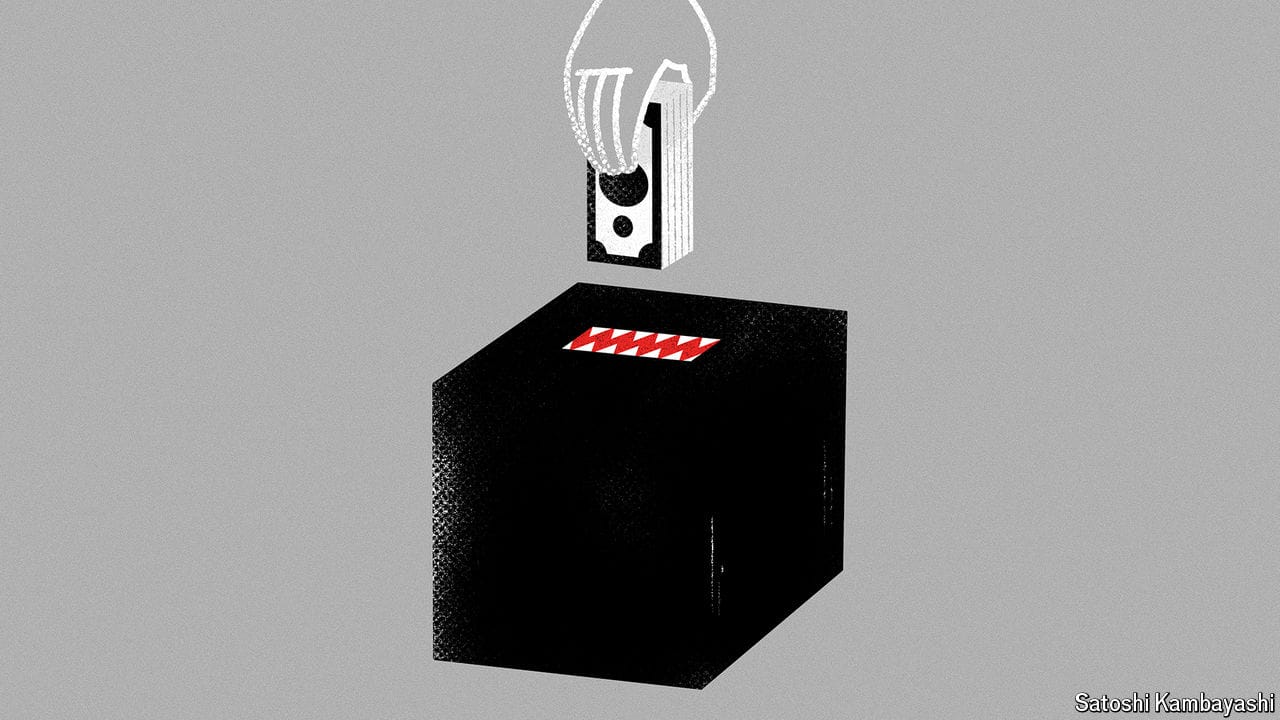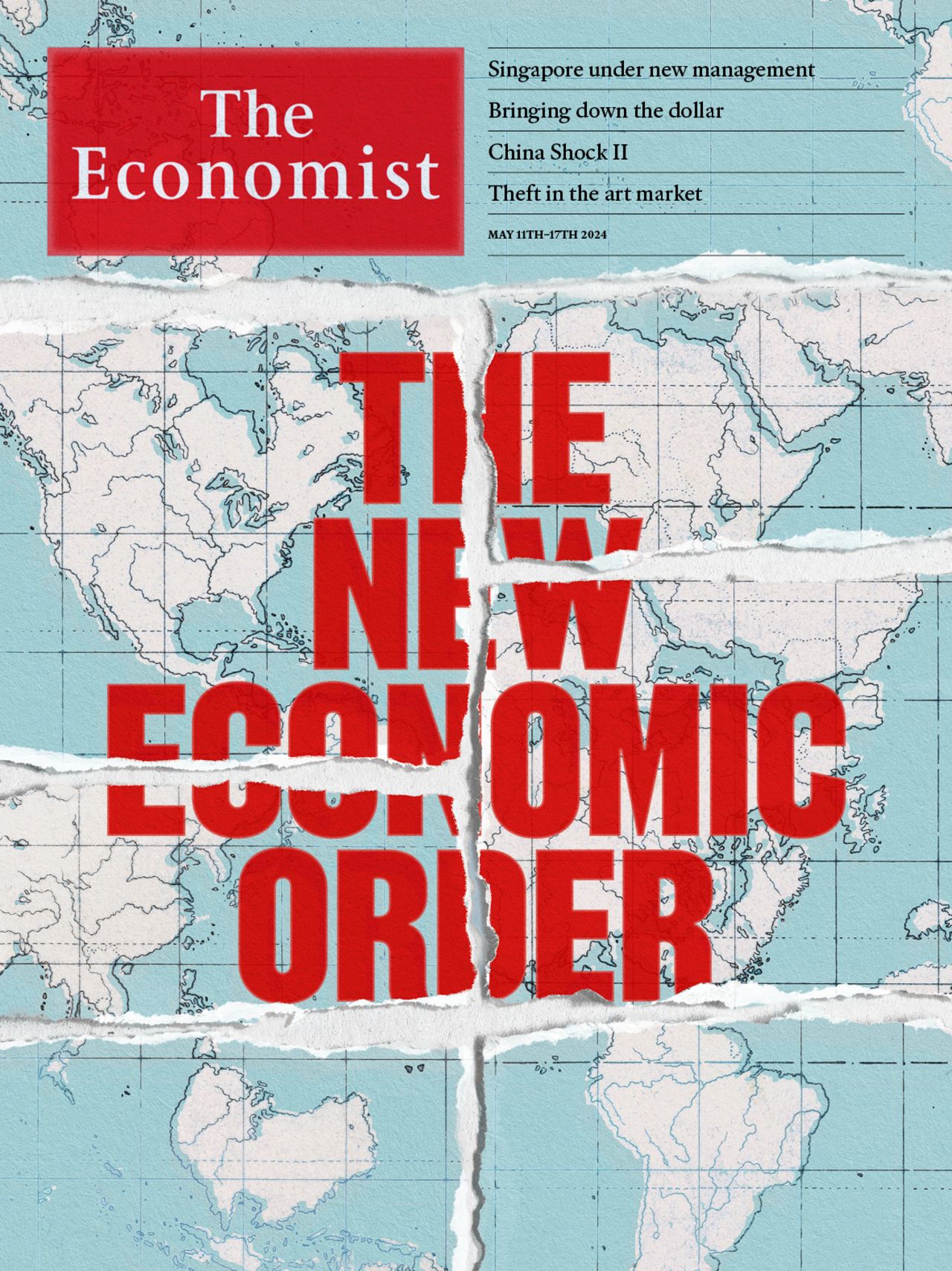Banks, at least, are making money from a turbulent world
It is once again a good time to work on a trading desk

Working on a trading desk is perhaps the closest an office job can get to a sport. Focus and reflexes matter. On the other side of every trill of the phone or ding from a computer is a client who wants to trade. If ignored, they will hang up and call a competitor. Everyone is sweating, owing to the heat wafting up from stacks of computers whirring at capacity. On a busy day, it is impossible to leave the desk—making the job a feat of endurance. Just as sports teams use code to communicate their tactics, so do traders: “cable, a yard, mine, Geneva,” translates to “Brevan Howard, a hedge fund, is buying £1bn and selling dollars.” Mistakes cause swearing, shouting and sometimes the smashing of equipment.
Or at least that is how it was a couple of decades ago, in the good old days. Following the global financial crisis of 2007-09, life sapped from the trading floor. Stringent new rules curbed profits. High-frequency traders ate banks’ lunches, especially in stockmarkets. For its part, the global economy was in a stupor, having been tranquillised by low interest rates. Markets moved linearly, with equities drifting up and bond yields slipping down. There were fireworks—the Brexit vote or the election of Donald Trump—but they were rare. This placid world provided investors with little reason to trade in and out of positions. Revenues were slim; returns sagged. Drama on trading floors featured lay-offs, rather than market moves.
Explore more
This article appeared in the Finance & economics section of the print edition under the headline “Take-off”
Finance & economics May 11th 2024
- What would get China’s consumers spending?
- How Ukrainian farmers are using the cover of war to escape taxes
- Why the global cocoa market is melting down
- Against expectations, European banks are thriving
- Banks, at least, are making money from a turbulent world
- What Xi Jinping gets wrong about China’s economy
- Could America and its allies club together to weaken the dollar?
More from Finance and economics

China’s last boomtowns show rapid growth is still possible
All it takes is for the state to work with the market

What the war on tourism gets wrong
Visitors are a boon, if managed wisely

Why investors are unwise to bet on elections
Turning a profit from political news is a lot harder than it looks
Revisiting the work of Donald Harris, father of Kamala
The combative Marxist economist focused on questions related to growth
Donald Trump wants a weaker dollar. What are his options?
All come with their own drawbacks
Why is Xi Jinping building secret commodity stockpiles?
Vast new holdings of grain, natural gas and oil suggest trouble ahead
